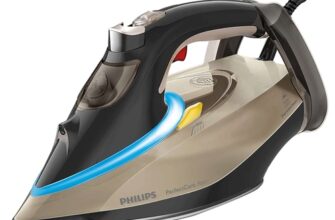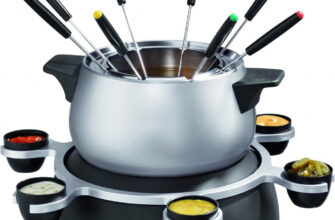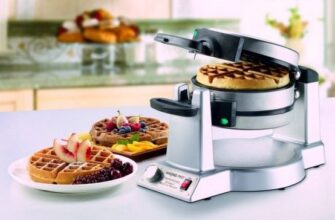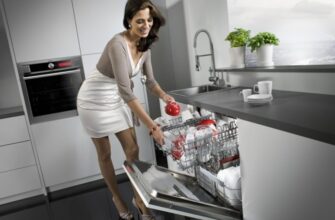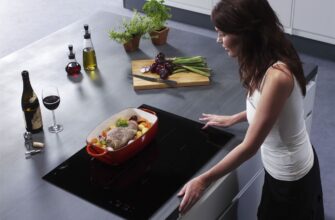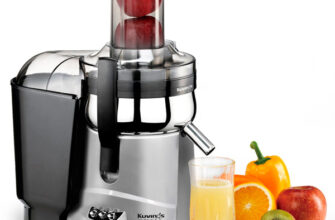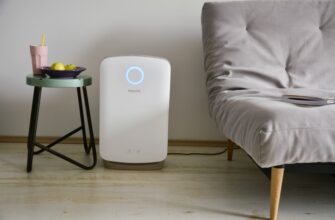Freshly squeezed juice, vegetable or fruit, is chosen not only by those people who lead a correct lifestyle or follow specially prescribed diets. It is preferred by mothers for their babies, so that all the necessary trace elements and vitamins get into their body. Many people start breakfast with a glass of freshly squeezed juice, which will provide them with a boost of vitality for the whole day. If you buy juice in a store, you cannot be sure that, in addition to nutrients, you will not receive a fair share of dyes and preservatives. Therefore, it is better to buy a decent juicer and drink a magic drink with the whole family at any time.
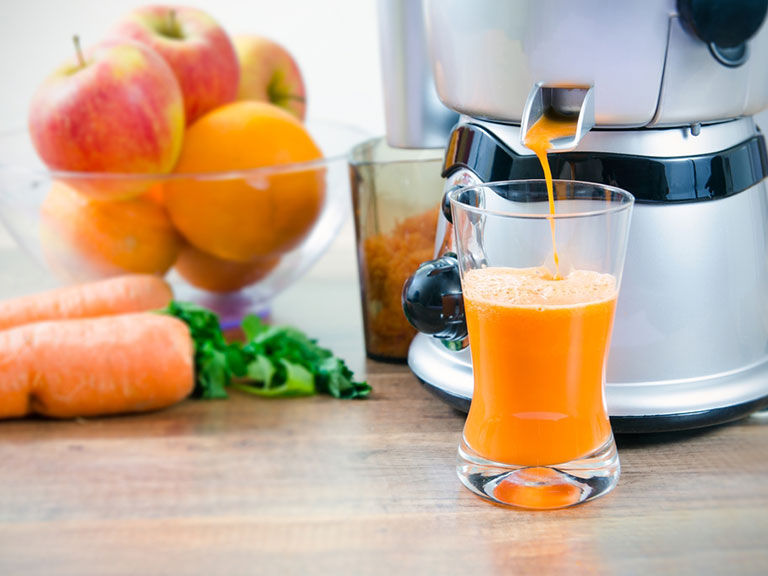
- The best manufacturers of juicers – which company to choose
- Types of juicers
- Citrus juicers
- Advantages
- disadvantages
- Juicers-presses
- Advantages
- disadvantages
- Centrifugal or rotary juicers
- Advantages
- disadvantages
- Auger juicers
- Advantages
- disadvantages
- Juicer selection options
- Material
- Power
- Speed modes
- Noise during operation
- Design
- Juice container
- Additional functionality:
- Which juicer to choose
- How much do juicers cost
The best manufacturers of juicers – which company to choose
Arriving at the store, buyers rightfully first of all pay attention to the equipment of positively proven brands. As a rule, these products are of high quality and advanced functionality.
When purchasing a juicer, it is recommended to give preference to the following manufacturing companies:
-
Philips
-
Bosch
-
Panasonic
-
Polaris
-
Braun
The models of these manufacturers rightfully occupy a leading position in the market, and the specific choice remains with the buyer.
Types of juicers
Citrus juicers
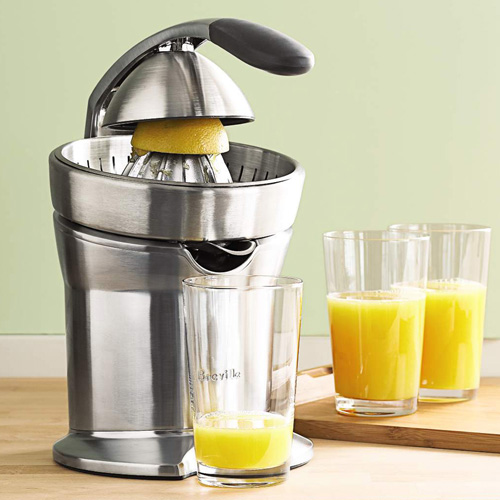
These models are among the simplest juicers. With their help, you can get the juice of orange, lemon, grapefruit and other citrus fruits. Outwardly, it is a small container with a ribbed cone-shaped nozzle. The half of the fruit is attached to the attachment and, if the juicer is electric, the product turns on.
Advantages
-
Small-sized;
-
Budgetary price.
-
Low power consumption;
-
Reliable and easy to use;
disadvantages
- Designed strictly for citrus fruits.
!
These juicers are perfect for people who love citrus juice (oranges, grapefruit, etc.). They are intended for home use.
Juicers-presses
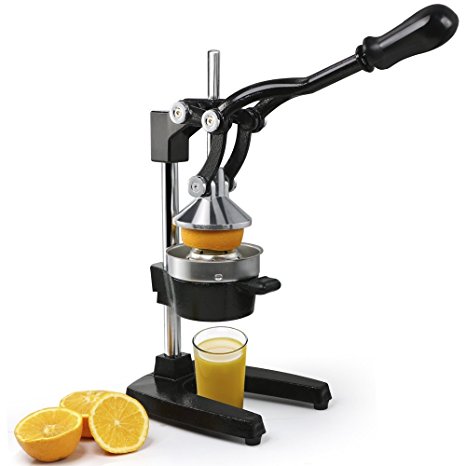
Press juicers are a type of citrus juicer. They imply that when juice is obtained, not only a mechanical 'cutting' effect is exerted on the fruit, but also the pressure created by a special clamping mechanism. This allows you to significantly reduce the amount of cake and increase the efficiency.
The vast majority of juicers are electric. This ensures maximum efficiency and performance.
Advantages
-
Low (for most models) price;
-
Easy to operate;
-
Adding pulp to the juice (making it more useful);
-
High efficiency;
-
Low power consumption;
disadvantages
-
Limited use – intended exclusively for large citrus fruits (oranges, grapefruits, etc.);
-
Squeezing requires the constant presence of the user, who will report fruits as they are processed.
When are they recommended for purchase:
Such juicers are an excellent solution for catering establishments that offer citrus fresh juices (bars, cafes, restaurants, fitness club buffets, etc.). They are not very suitable for home use due to their relative high cost compared to the 'conventional' models.
Centrifugal or rotary juicers
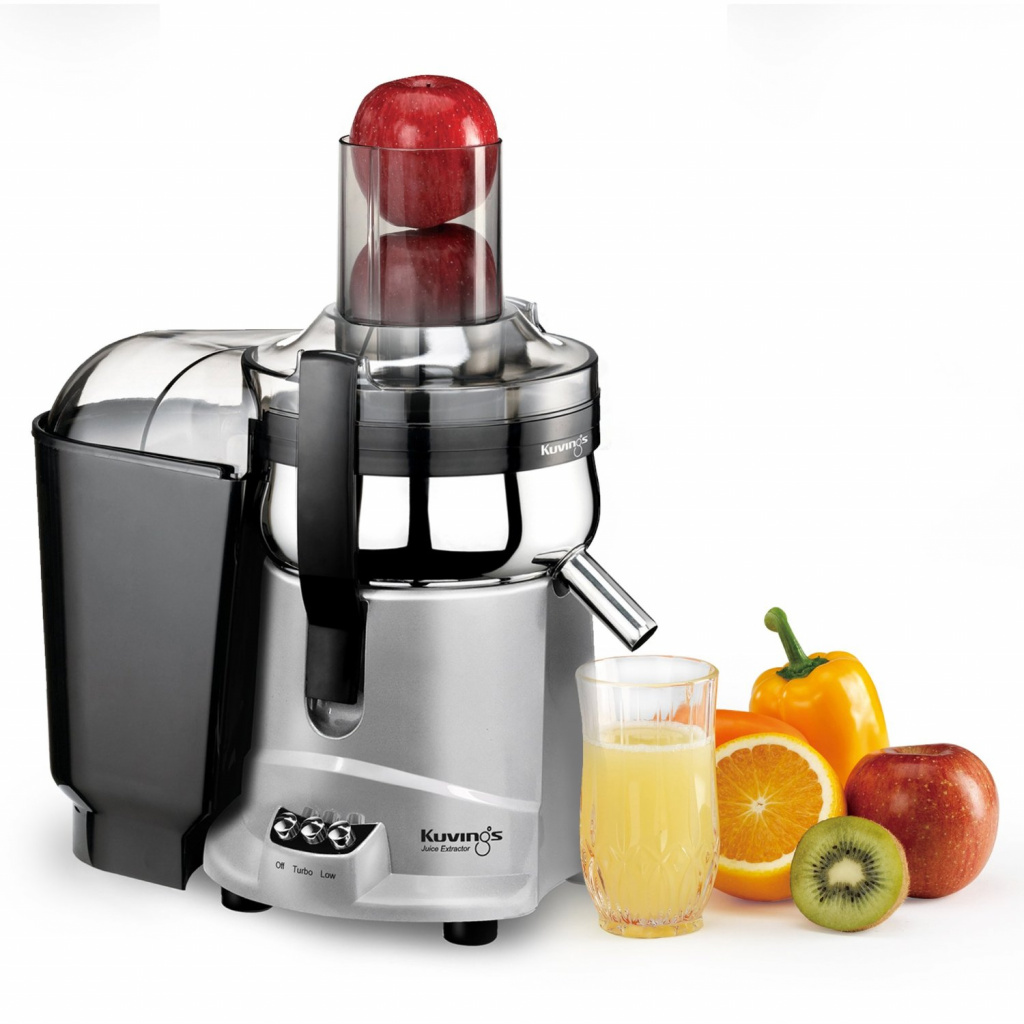
These are models of juicers that are most in demand by consumers. They are intended for all types of vegetables and berries (excluding stone fruits). The operation of such models is similar to the operation of a centrifuge in a washing machine. The disc grater rotates at a speed of 10 thousand revolutions per minute above the separator basket and crushes the fruit.
The separator separates the pulp and cake. Further, centrifugal force pushes the juice out of the basket and it enters the juice receiver. The high rotation speed heats up the internal container, and this leads to the fact that some of the microorganisms and vitamins are destroyed. The heating of the motor does not allow the juicer to be used continuously for a long time.
Separators in these models are of two types:
-
Cylindrical. The juice yield is 90%, but the cake is removed manually.
-
Basket-cone. The cake is removed automatically, but the percentage of juice yield is 20% lower.
Advantages
-
High performance;
-
Affordable price;
-
A diameter of about 9 cm of the entrance hole allows you to place the fruits without cutting;
-
Easy to use
disadvantages
-
Heating the juice and partial destruction of vitamins and microelements;
-
The high oxidation rate excludes long-term storage.
-
The speed of work provokes the appearance of foam on the drink;
When are they recommended for purchase:
Will appeal to people who just love freshly squeezed juice – for example, as an addition to breakfast. Suitable for home and family use, as well as for use in food service establishments.
!
Not suitable for obtaining juice that is planned to be stored or preserved for a long time.
Auger juicers
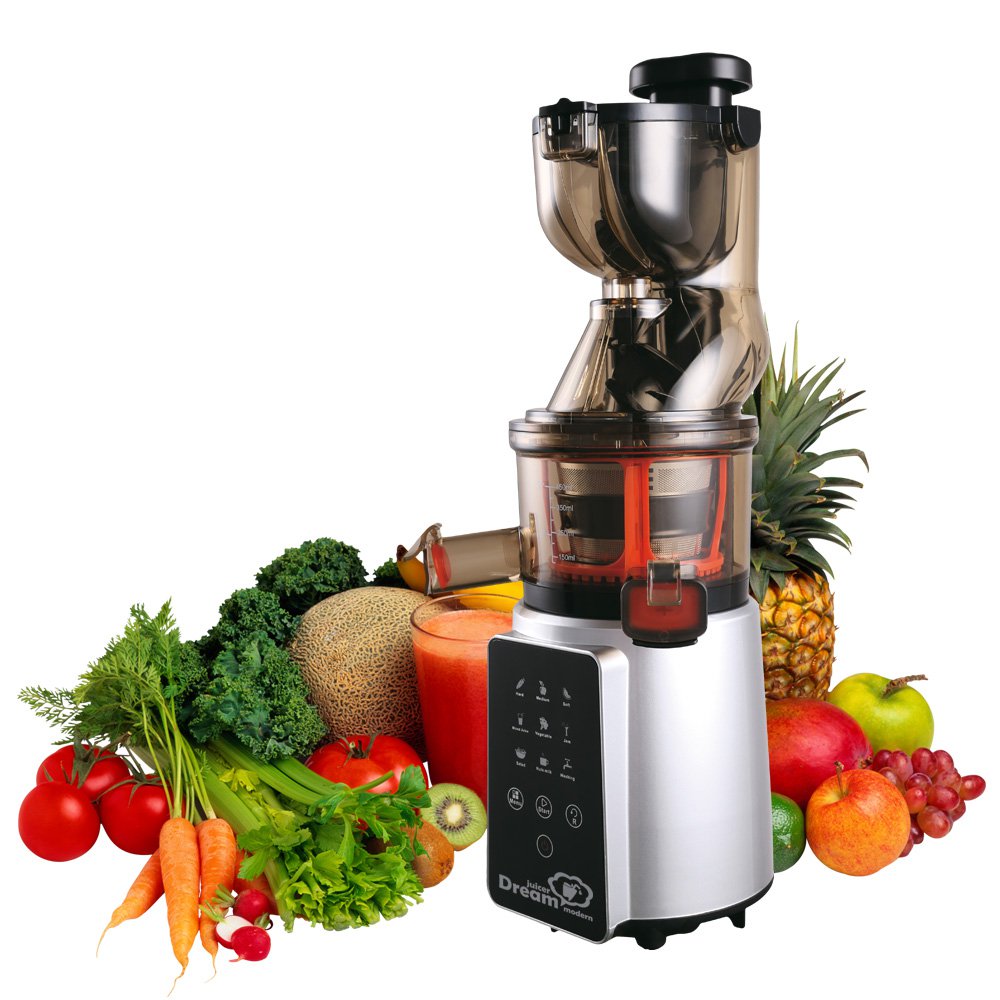
This type of juicer works on low-speed motors, the rotation speed of which is not higher than 80 rpm. Two augers attached to the shaft crush the fruit. The juicer does not heat up even during long-term continuous use.
These models are vertical and horizontal, which is due to the design of the unit and the method of placing fruits in it. In turn, the appearance of the model does not affect the percentage of juice yield (and it is about 95%). Auger juicers can also extract oil from nuts, grind coffee beans or spice fruits.
Advantages
-
The juice retains its beneficial properties, vitamins and nutrients for a long time – up to 48 hours after receiving;
-
Long-term uninterrupted use;
-
No heating of the juice;
-
Silent engine;
-
The minimum amount of cake;
-
High percentage of juice yield;
disadvantages
-
Reduced speed of work;
-
The diameter of the inlet is small and preliminary cutting of the fruit is necessary;
-
Not suitable for soft fruits (bananas, kiwi, etc.)
-
The presence of pulp in the juice;
When are they recommended for purchase:
Suitable for everyday home and family use. It will be especially liked by people who value juices for their beneficial properties, and not just for their taste.
!
Suitable for everyday home and family use. It will be especially liked by people who value juices for their beneficial properties, and not just for their taste. Few are suitable for use in catering establishments.
Juicer selection options
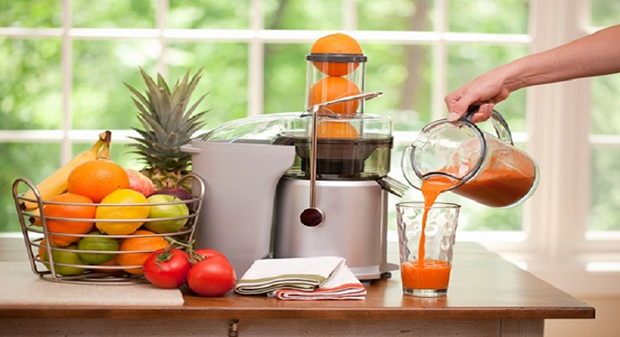
Before purchasing a juicer, understand which fruits are most commonly used in your family and how much juice will be consumed per day. Also decide if you will be using the juicer for its intended purpose or if its advanced functionality is important to you.
Material
Plastic. Makes the weight of the product light, but the shelf life is reduced due to the sufficient fragility of the material. An environmental certificate for plastic is also required.
Steel or aluminum. Only stainless, since during operation an oxidation reaction occurs with products. High strength, but the price rises.
Power
-
50 watts. Citrus juicers only.
-
250 to 500 watts. Juicers for highly soft fruits (bananas, peaches, etc.)
-
800 to 1200 watts. Juicers for hard fruits (carrots, apples, etc.)
! The spin speed depends on the power. At high speeds, the juice is squeezed out as much as possible, but the pulp also gets into it.
Speed modes
The pressing technique depends on the density of the fruit. Therefore, a juicer with several speed modes of operation will be optimal. Switching them will allow you to get the maximum amount of juice from any fruit. The maximum number of speeds in juicers today is 9, but three or four are enough for use at home. The efficiency of work will increase the presence of reverse and pulse modes.
Noise during operation
The reason for the noise may be the operation of the motor and insufficiently secured parts. Screw juicers became the leader in the 'silence' of work.
Design
When buying a juicer, it makes sense to pay attention to:
-
Inlet diameter. A size of 8-9 cm will help to place the whole fruit, avoiding pre-cutting.
-
The presence of a cake container allows you to work without stopping.
-
The presence of a foam killing separator will make the juice clear and transparent.
-
The presence of rubber feet will make the juicer stable during use.
-
The anti-drip system will keep the table clean after finishing work.
Juice container
The presence of a container for juice inside the juicer guarantees its non-spilling during operation, and the scale indicates the degree of fullness of the container. But, as a rule, the volume of the container is small and you have to stop the process to pour the finished juice.
In the absence of such a container, the juice immediately enters a vessel that is convenient in shape and size.
Additional functionality:
-
Protection against accidental activation. Implemented structurally. For example, the juicer may not turn on when the lid is open or not properly closed. It is especially important if there are small children in the house;
-
The number of attachments in a citrus juicer or press juicer. Typically these juicers are equipped with a single ribbed cone, which ensures compatibility with relatively large fruits. But, if you plan to squeeze juice from tangerines, small lemons, etc., it is better to purchase a model with several attachments;
-
Supports pulse operation. This is very important for juicers that are going to be used with hard foods such as carrots or tough apples. The pulse mode ensures that the juicer does not overheat during operation.
Which juicer to choose
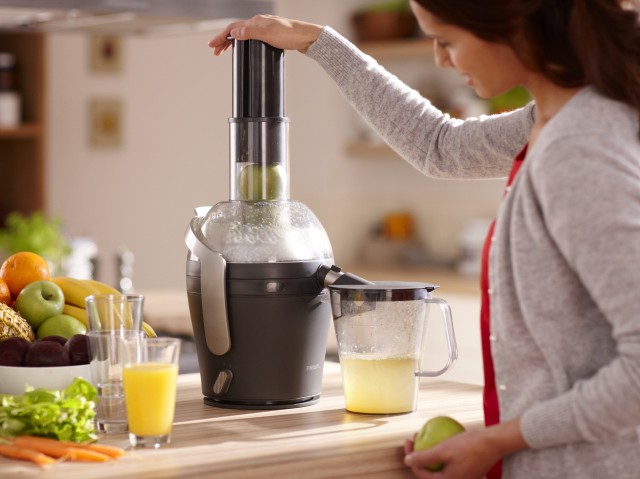
There are four criteria that will help you make your choice:
-
If the family drinks only citrus juices or soft drinks, then it is enough to purchase a juicer only for citrus. Manual or electric – depends on the composition of the family.
-
If a family drinks juices from all the fruits, and its composition is 2-3 people, it would be optimal to buy a centrifugal juicer with a separator in the form of a cylinder.
-
If the family is large and everyone loves to drink fresh juice, opt for a rotary juicer with a cone separator.
-
For lovers of summer cottage life who have plenty of fresh vegetables, fruits and berries, we recommend choosing the auger version of the juicer.
How much do juicers cost
-
A simple model of a manual juicer costs from 100 to 400 rubles.
-
Electric plastic juicers cost up to 800 rubles, but with an increase in functionality, the price rises to 40 thousand rubles.
-
Rotary juicers start their cost from one and a half thousand and go up to forty. Models of this group made of stainless steel and a full set of functionality can cost more than one hundred thousand rubles.
-
Vertical screw juicers are produced at a price of 3 to 35 thousand rubles, but they can reach 100 thousand. Horizontal do not cross the threshold of 70 thousand.
!
In the following articles, our experts tell you which is better – a juicer or a juicer for vegetables and fruits and the secrets of choosing an electric dryer for vegetables.
Attention! This material is the subjective opinion of the authors of the project and is not a purchase guide.


